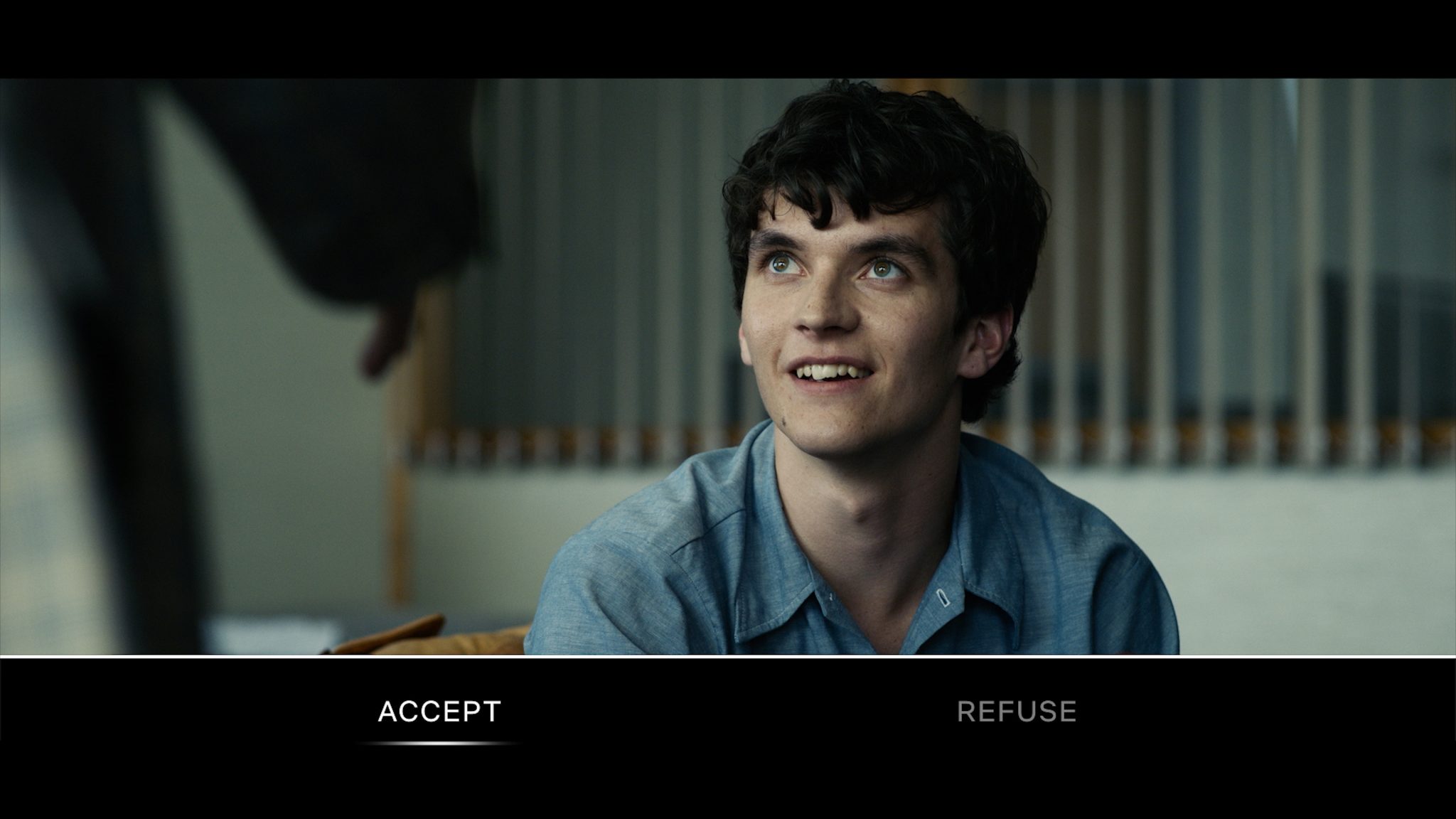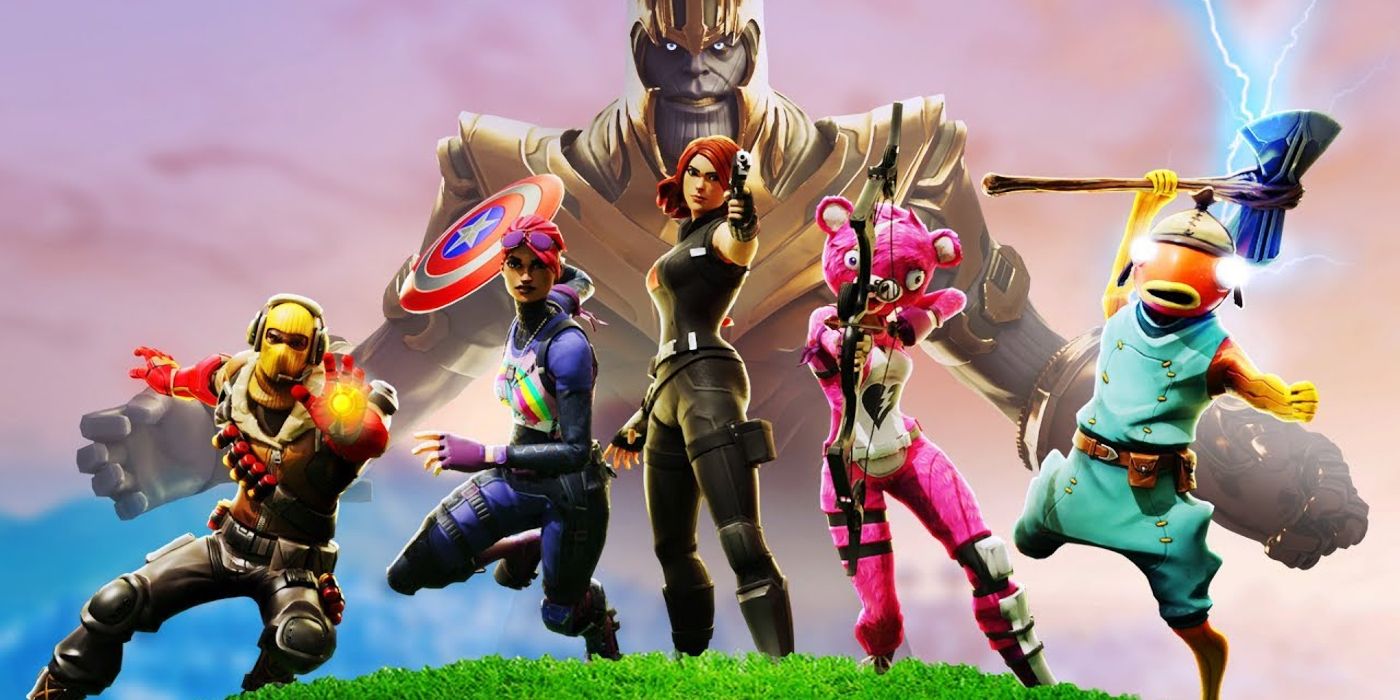
After more than 40 years of operation, DTVE is closing its doors and our website will no longer be updated daily. Thank you for all of your support.
How big are Netflix’s videogame ambitions?

Black Mirror: Bandersnatch
There was perhaps a touch of the inevitable when it was announced that Netflix had officially hired a videogames industry expert to lead its foray into the space.
Ever since it published the interactive movie Black Mirror: Bandersnatch, both the videogame and TV industry has speculated on when, not if, it will dive deeper into gaming.
And now with the hire of former Facebook and EA exec Mike Verdu, Netflix have given the biggest indication of their seriousness about the medium.
But while it would be easy to get carried away and immediately assume that Netflix will look to rival the likes of Verdu’s former employer EA, Omdia’s video games principal analyst George Jijiashvili warns that expectations should be tempered.
“Netflix has been looking at games as an area for growth,” the analyst states. “Not just by offering games, but utilising the popularity of gaming IP and finding a crossover between videogame and video content.”
However, the analyst predicts that rather than looking to create or licence blockbuster triple-A titles, Netflix will take a “very measured approach,” to create “more of a family experience,” with its videogaming efforts.
Low risk, high reward
As an increasing number of video streaming services enter the market, consumers are becoming a lot more conscious about what they’re paying for. While the SVOD market continues to grow, cheaper or completely free alternatives supported by ads are growing into seriously viable entertainment options.

“We compete with Fortnite more than HBO,” Netflix Co-CEO Reed Hastings previously said during a 2019 earnings call
In the US, where media companies have spent years heavily investing in AVOD, a household could feasibly get all their entertainment from the likes of ViacomCBS’s Pluto TV, Fox’s Tubi and the free tier of NBCUniversal’s Peacock.
This is all to say that the burden of value is increasing and churn is a growing concern in the competitive space. For the existing players to continue to dominate, they need to ensure that their services are as sticky as possible with no absence of value-adds, whether that is short-form content for viewing on the go or more interactive content.
Netflix, Jijiashvili says, has promised to announce its first gaming product within 12 months and there is no way that this will be an experience to the scale of a Call Of Duty or Fortnite.
Instead, the analyst draws the comparison to games like Jackbox – an interactive party game where users play around one device with their mobile phones to answer trivia questions and play games.
While the likes of Bandersnatch and the Bear Grylls-starring You vs. Wild have largely been solitary viewing, Jijiashvili says “if anything, we will see Netflix expanding its commitments” to these sorts of experience within the Netflix platform on streaming and mobile devices.
“I envision Netflix first experimenting with simple, family-friendly games and more interactive experiences,” the analyst says.
If it wasn’t clear from this reading, Jijiashvili describes the move into videogames as a “very low risk endeavour for Netflix because they are already the leading video company in the world.”
He adds: “As opposed to Google and Amazon who have been burned with their attempts to enter the gaming space (Google and Amazon have heavily invested in cloud gaming to mixed results), Netflix will enter more cautiously having learned from their mistakes.”
Adding to the low-risk nature of his evaluation, Jijiashvili notes that both Amazon and Google have heavily segmented businesses with “so many different irons in the fire,” while Netflix will have a “clearer proposition.”
Head in the clouds
The games press is notorious for overhyping things. The mere notion of Netflix – a subscription-led business – investing in the medium has had many considering the company’s chances of taking on Xbox Game Pass.
Game Pass is the closest thing videogames has to Netflix. The service comes in two tiers – the basic Game Pass offering for £9.99 per month and Game Pass Ultimate for £14.99 per month. Both offer access to the same number of games, while the former is limited to Xbox consoles and the latter includes PC gaming and a recently launched Cloud Gaming beta which brings console-calibre gaming to web browsers and smartphones.

Xbox Game Pass offers access to 100 games, including first-party exclusive titles like Halo and Forza Motorsport for a fixed monthly subscription
But while Netflix has the budget to compete in this service economy, Jijiashvili says that he wants to “shut down” any talk that Netflix will be competing with Game Pass any time soon.
Netflix will, he says, “take the same tact as Facebook in how they’ve approached cloud gaming – very measured and probably targeted at specific regions and locations.
“I just don’t see Netflix, within 12 months, rolling out a service globally and already having lots of games within it. The gaming element will likely be baked into the pre-existing Netflix app as a complementary experience to keep people on Netflix for longer”
While entering into a whole new medium is a big step for Netflix, the company has not got to where it is by rushing into things. Ultimately this foray into videogames will be one to complement the core experience and identity of what Netflix is, and the company will first and foremost remain as a leader in video streaming.


